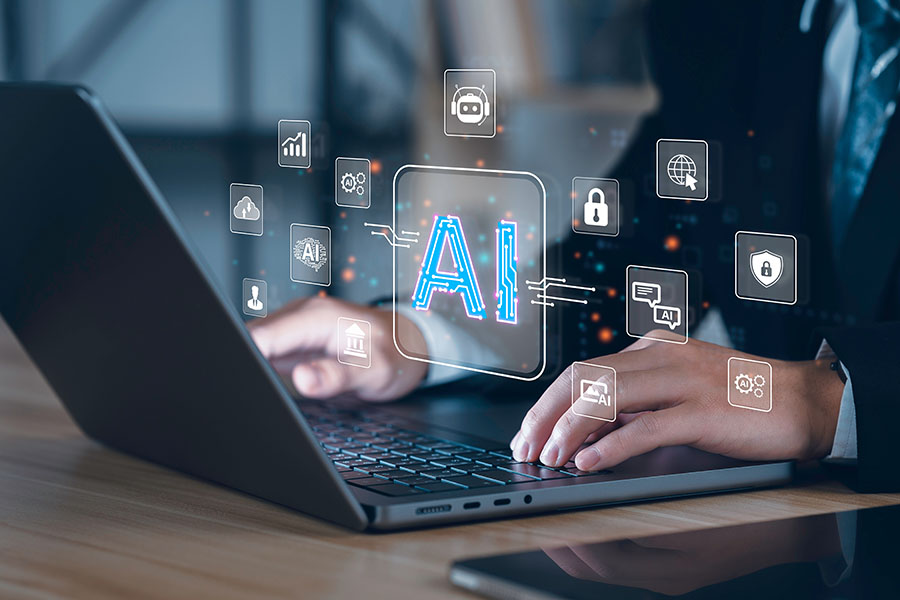As technology advances, the concept of computer intelligence has emerged as a transformative force. This guide aims to unravel the complexities of artificial intelligence (AI) and machine learning (ML), offering insights into their applications, real-world impact, and the dynamic landscape of intelligent computing.
Understanding Artificial Intelligence: The Mind of the Machine
Artificial intelligence refers to the development of computer systems that can perform tasks that typically require human intelligence. These tasks include learning, reasoning, problem-solving, perception, and language understanding. AI systems aim to mimic human cognitive functions, enabling machines to adapt and improve their performance over time.
Machine Learning: The Engine Driving Intelligent Systems
At the heart of computer intelligence is machine learning, a subset of AI. Machine learning empowers computers to learn from data and experiences, improving their ability to make decisions and predictions without explicit programming. This dynamic learning process is foundational to creating intelligent, adaptive systems.
AI Applications: Transforming Industries and Daily Life
The impact of AI is far-reaching, transforming various industries and aspects of daily life. Explore AI applications in healthcare, finance, manufacturing, customer service, and more. From medical diagnosis to personalized recommendations, AI is reshaping how we work, live, and interact with technology.
Natural Language Processing: Bridging Communication Gaps
Natural Language Processing (NLP) is a subset of AI that focuses on enabling machines to understand, interpret, and respond to human language. Chatbots, language translation services, and voice-activated assistants are examples of NLP applications that enhance communication between humans and machines.

Giving Machines the Gift of Sight
Computer vision equips machines with the ability to interpret and make decisions based on visual data. This technology is behind facial recognition, object detection, and autonomous vehicles. The evolution of computer vision is revolutionizing how machines perceive and interact with the visual world.
Reinforcement Learning: Machines That Learn from Experience
Reinforcement learning is a branch of machine learning where an agent learns to make decisions by interacting with its environment. This trial-and-error learning process, coupled with rewards and punishments, allows machines to optimize their actions. Applications range from game-playing algorithms to robotic control systems.
Ethical Considerations: Navigating the AI Landscape Responsibly
As computer intelligence advances, ethical considerations become paramount. Explore the ethical challenges and considerations surrounding AI, including issues related to bias, privacy, and the responsible development and deployment of intelligent systems.
AI in the Future: Continual Evolution and Integration
The future of computer intelligence holds endless possibilities. As AI technologies continue to evolve, their integration into various sectors will become more seamless. Anticipate advancements in personalized healthcare, smart cities, and the Internet of Things (IoT), ushering in an era where intelligent systems are deeply embedded in our daily lives.
Conclusion: Embracing the Intelligent Future
In conclusion, computer intelligence, fueled by artificial intelligence and machine learning, is reshaping the technological landscape. From AI applications that enhance efficiency to ethical considerations that guide responsible development, the journey into intelligent computing is one of continual evolution. Embrace the future where machines, equipped with intelligence, become indispensable collaborators in our quest for progress and innovation.





